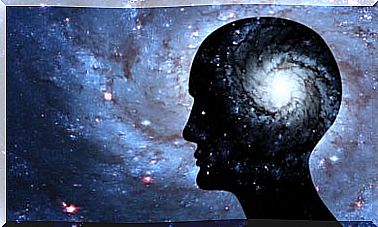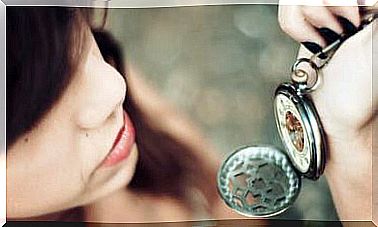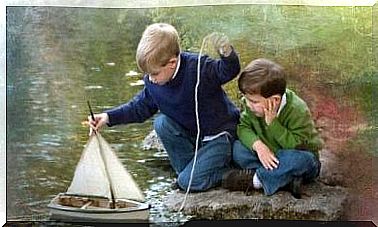Cowardice Feeds Sadness
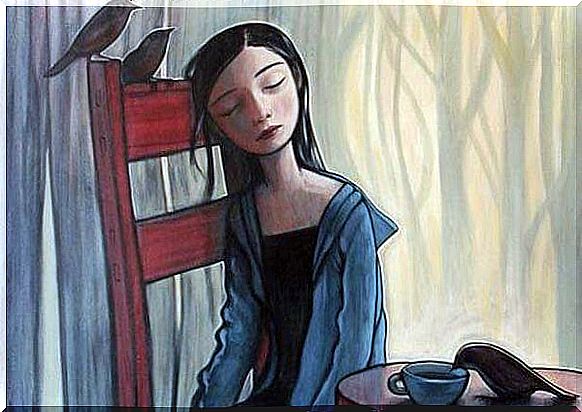
Sadness seems to be one of the most distinctive signs of our times. It is as if depression has become a massive affliction within the contemporary world. In fact, the World Health Organization has been making successive reports in which it documents the increase in the number of diagnoses, to the point that some speak of a pandemic.
Under the label of “depression” is almost any form of sadness or discomfort. But not only that, it is also a condition that has become perfectly tolerable and is even exalted in everyday life.
It is common to hear that someone is “depressed” or that “I am not going out today because I am a little depressed”. What just a few decades ago was a psychiatric entity, now the word has become everyday and is confused with sadness.
Little by little we have managed to privilege distractions, entertainment and hobbies to cope with an existence that is not pleasant or worth living. We have completely disconnected from our nature and in the moments when we perceive it, when the big questions come to us, it overwhelms us.
Chronic sadness and mental health

There are serious suspicions about the interests that, in part, may be behind this epidemic of depression. A scientific discourse is promoted that places great value on the organic and genetic factors involved in sadness.
Thus, people are left without responsibility for the suffering that afflicts us. It is then about taking “x” medicine and that’s it. Pharmaceutical companies have been the big beneficiaries in this “epidemic.”
The sadness in history
In ancient times, the mood disorder that led people to remain passive, invaded by sadness and prisoners of the lack of will to live, was attributed to an imbalance in the “moods” of the body. In the Middle Ages, this chronic sadness was called “acedia” and it was one of the capital sins, before this concept was absorbed into that of “laziness”.
In the 19th century, the psychiatrist Joseph Guislain defined this permanent state of sadness as “the pain of existing.” Later, Sèglas indicates that it is a “moral hypochondria”.
For the twentieth century, psychiatry designed the concept of “depression” properly speaking, and defined it as a disorder characterized by discouragement, recurrent feelings of guilt, anguish, apathy towards the world, decreased self-esteem and a state of permanent self-accusation. or self-reproach that has a significant impact on lifestyle.
It is Lacan who ends up defining chronic sadness as an effect of moral cowardice. It is not an accusation, but a point of view that vindicates an important fact: yes, there is something that each person should know about their sadness. There are ways to approach and understand that sadness and it is the responsibility of each person to build that knowledge.
Sadness and cowardice
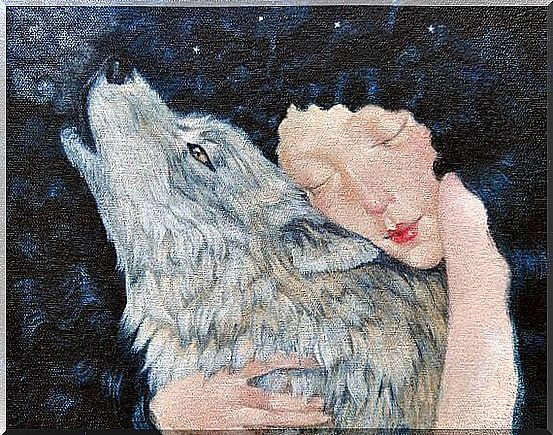
Those who suffer from chronic sadness experience a strong feeling of inauthenticity. It seems to them as if life occurs on a stage that does not belong to them. They also record what could be called a feeling of “exile” from everything that happens in the world. As if the planet rotated and they were still there, still.
People with depression ask: “What is the meaning of life?” And they usually accompany this question with a subsequent statement: “It would have been better not to have been born.” Both the question and the statement are two traps in themselves.
Absence of responsibility
Of course, life does not have a meaning on its own, because it is everyone who gives it to it. There is no book, no manual or law that says: this is the meaning of life. And compared to the statement that it would have been better not to be born, there is also a great fallacy: we were finally born and we are here. It is an accomplished fact.
Both the question and the statement strip the person of responsibility. “If life does not have a ready-made meaning, then I am not interested”, is what they seem to say. Or “If I didn’t ask to be born, don’t ask me now to make my life something worth taking advantage of.”
In this way, they become “objects” of sadness, not subjects of it. Therein lies his moral cowardice.
It is true that we do not all come into the world with the same cards. We are not wanted children, or we are poor, or they mistreat us, or abuse us when we are unable to react or a thousand situations that cause pain. These painful precedents may give rise to new shortages and new disappointments.
But it is each of us who decides the type of reading we can give to these situations. This is our responsibility and we cannot load it on the cards that we have been given to play since, denying our own life, we draw ourselves as melancholy losers of joy.




